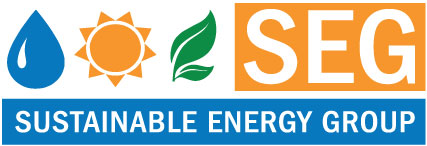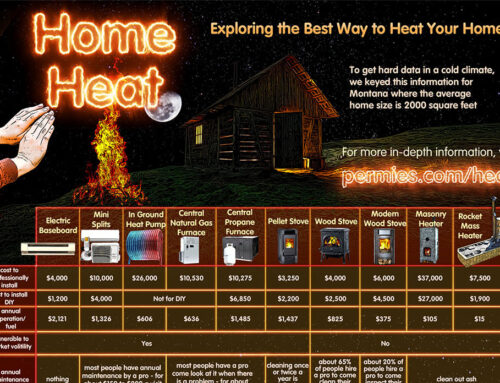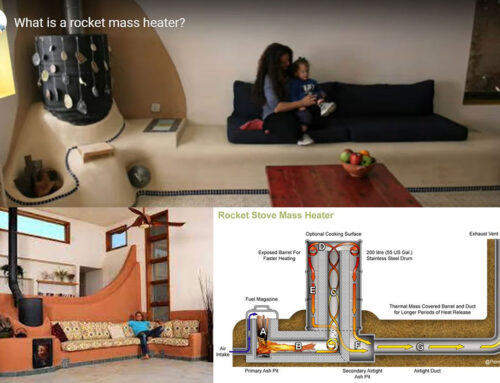🐝 Save the Bees! 🐝
No bees. No food.
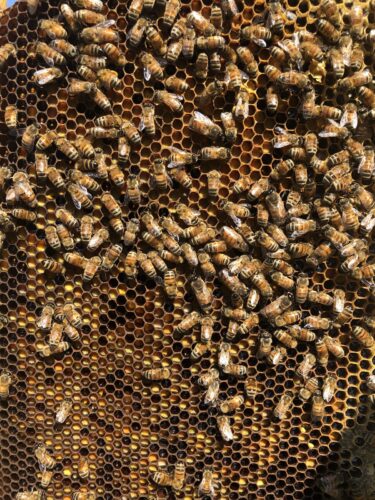


The honeybee holds ecological, economic and social importance. Bees contribute largely to the vital ecosystem service of pollination to our planet. Pollinators, like the honeybee, assist with keeping our agriculture alive and our ecosystem intact. Bee pollination promotes sustainable development by providing food security, biodiversity and many other benefits.
Many of our crops would not exist if not pollinated by these precious and vital creatures. It is important for people to know where their food comes from, and be educated on the beneficiary qualities of bees and their products. Bees help to create sustainable food, self-reliance and food security within communities, and beekeepers play a large role in facilitating the process.
However, the extensive decline in honeybees is dangerous at its present rate and if we do not make efforts now for change, it will be detrimental to our lives as we know it.
What’s currently happening with the bees?
We know that millions of bees are dying off at an alarming rate. The cause is Colony Collapse Disorder also known as CCD. CCD is the phenomenon of most worker bees disappearing from their hive and leaving their queen behind. Much research has been done about the cause of CCD. The most widely agreed upon reason is neonicotinoids. Or ‘neonics’ for short, are a family of pesticides which are in use in agriculture.
Neonics bring down bees’ immunity and attack their nervous system, this causes the bees to be more defenseless against infections brought in by other insects to their hives. With their nervous system affected, we are seeing a large number fly away from the hive and not return because the sense of direction is essentially gone for them.
What’s Next?
If they die, they are taking us with them…
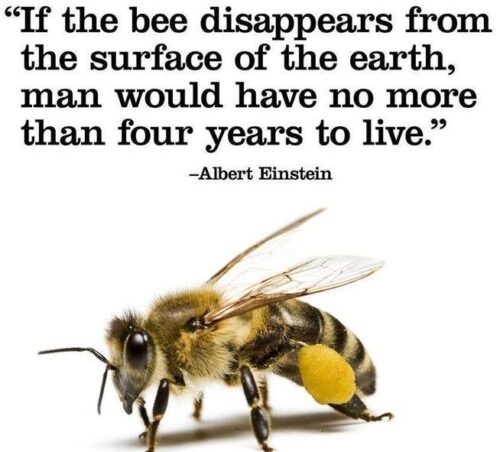


Government:
The EPA has introduced a bill to ban these Bee-killing pesticides. This is a good start, but there is still a lot of work to do.
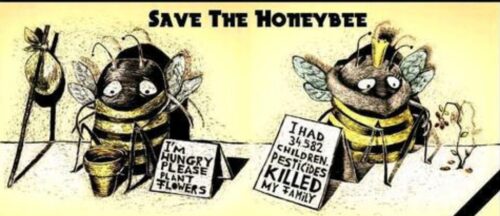


You:
There are several ways you can help!
- Join the BAN-wagon: https://environmentamerica.webaction.org/p/dia/action3/common/public/index.sjs?action_KEY=19719&_ga=2.149082805.281111394.1522847163-93293442.1522847163
- Tell Amazon to Save the Bees: https://environmentamerica.webaction.org/p/dia/action4/common/public/?action_KEY=43926&_ga=2.63330351.141849639.1620663092-1180232111.1617397089
- Plant your own bee-friendly garden and avoid the use of pesticides!
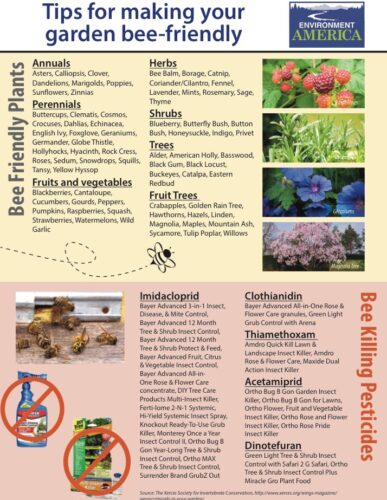


- Support & Buy Local
- Honey, fruits, vegetables, and Nuts!
- Honey: www.sacramentobeekeeper.com
- Farmers Markets: https://www.farmtofork.com/taste-and-tour/farmers-markets/
- Eat at Farm to Table Restaurants:
- Honey, fruits, vegetables, and Nuts!
More ways to help:
Beekeeping is a great way to help save the bees!
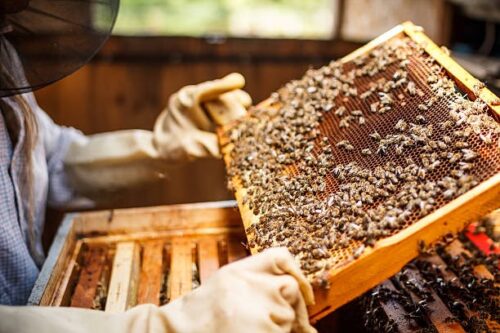


Beekeeper holding a frame of honeycomb
What is beekeeping?
Keeping bees is a form of maintaining livestock. This includes monitoring the hive for diseases and parasites. Additionally, this entails protecting the bees from pests and the elements of nature.
During hive inspections, we need to assess the health of the queen and the overall health of the hive by ensuring that they have an adequate food supply. If they do not, we can supplement them with pollen substitutes and syrup with beneficial enzymes, vitamins, minerals, and probiotics.
We use organic compounds such as Oxalic Acid and Formic Acid to combat parasites such as Varroa mites. We maintain the woodware and keep boxes in good shape to keep out the wind and rain. The more work we can do for the bees, the more they can do for us by giving them less of a workload in housekeeping and more time focused on foraging and caring for developing young bees.
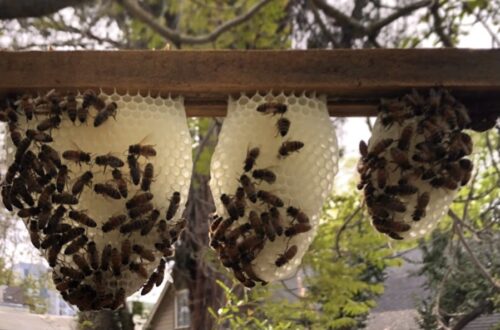


How is beekeeping sustainable?
Beekeeping itself is sustainable due to the fact that honeybees are the only altruistic animal by nature. They don’t need to consume or kill anything to survive. In fact they do the opposite, in the process of foraging for nectar and pollen the honeybees pollinate millions upon millions of flowers creating the next generation of plants that help feed us and clean our air.
Beekeeping is also sustainable by the sheer amount of swarms that are cast each year by healthy established hives. As beekeepers we are able to relocate swarms from locations where they might not survive to an apiary where we can monitor and care for them. This allows us to maintain more hives going into winter which we can use to replace any hives lost during winter.
Sustainable beekeepers are attentive and active in maintaining hive health while mirroring their natural cycle of life. Bees make optimal use of their resources in their local area and environment. Makes sense that we reciprocate that in caring for them.
Using locally adapted bees will have a much better performance than imported bees, as the local bees are acclimated to the local weather and pest/disease pressure.
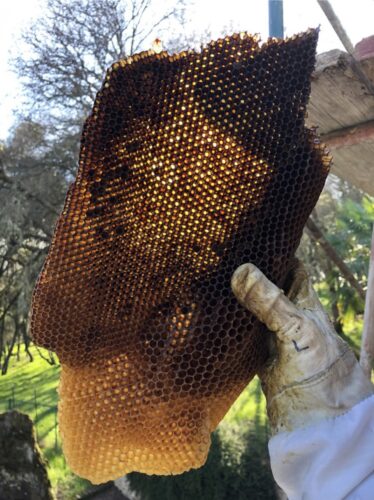


Why is beekeeping important?
Honey bees account for a massive amount of food that humans and other animals consume; fruit, flowers, nuts, and vegetables.
Commercial beekeepers transport hives all over the country to pollinate farms, orchards, and greenhouses to produce food that we rely on. If the honey bees die, we will not have access to enough healthy food and would be reliant on grains, roots, and wind pollinated plants.
We would be stuck eating corn, wheat, and rice based diets.
Biodiversity among plants is important for their survival to overcome an ever changing landscape, and without honeybees a large portion of the plants would begin to decline leading to loss of food and habitat for animals, as well as erosion control for hillsides and naturally graded areas.
Bees and plants are codependent on each other. They need flowers for food, and the plants need the bees to be able to pass on genes to create the next generation.
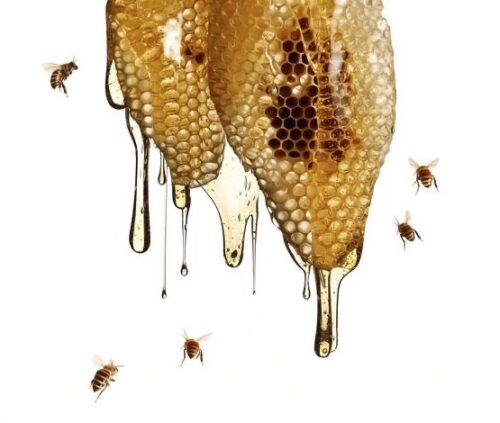


Why should you Beekeep?
Beekeeping is rewarding and sustainable. It also allows you to make a big impact on the world around you. The honey can be used in culinary applications to replace synthetic sweeteners. The honey can also be used in cosmetics and salves.
It is a very therapeutic practice watching, listening, and smelling the bees to understand what they are doing at any particular time.
If you have a vegetable garden you will see an increase in pollination, which means more food to go on your table.
Growing your own food is like printing your own money.
Every flower on the squash plant is one squash you won’t need to purchase at the grocery store or farmers market. Honey is also a commodity which can be sold, traded, or stored to make bread, put in tea/coffee, or cheese plates. Honey is non-perishable and will never go bad if stored airtight.
In closing, beekeeping is very rewarding and it is a highly sustainable practice if we learn to march to the bees cadence. The thing about sustainability is, you have to sustain it. This means the bees rely on you as much as you do on them. Like any relationship, the best part is when both parties are happy.
About the contributors:
Bee Marie
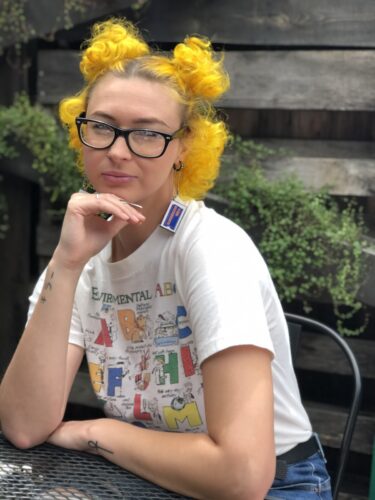


BEE is an environmental artist. Making music to save the bees and create a platform to speak about environmental issues, solutions and sustainability. She has a degree in Environmental Studies & Sustainability and an apprenticeship with Blake Dacy in beekeeping.
Listen Here: www.youtube.com/thebeemusic1?sub_confirmation=1
Blake Dacy
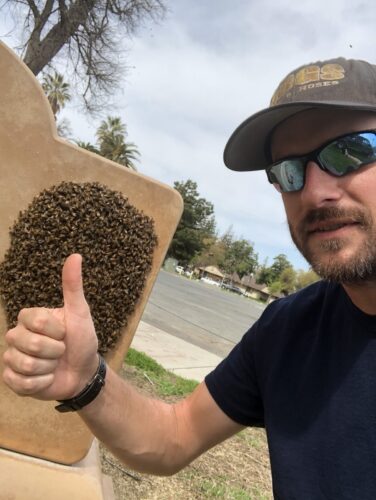


Blake Dacy is the founder and lead beekeeper of Sacramento Beekeeper. He is a Sacramento native who loves educating the community about honey bees and their role in our crops and health. He has extensive knowledge and expertise in beekeeping and agricultural practices. Proudly serving the greater Sacramento Area, Sierra Foothills, and surrounding areas for beehive removals, swarm rescues, honey sales, and beekeeping education.
Please visit www.sacramentobeekeeper.com
